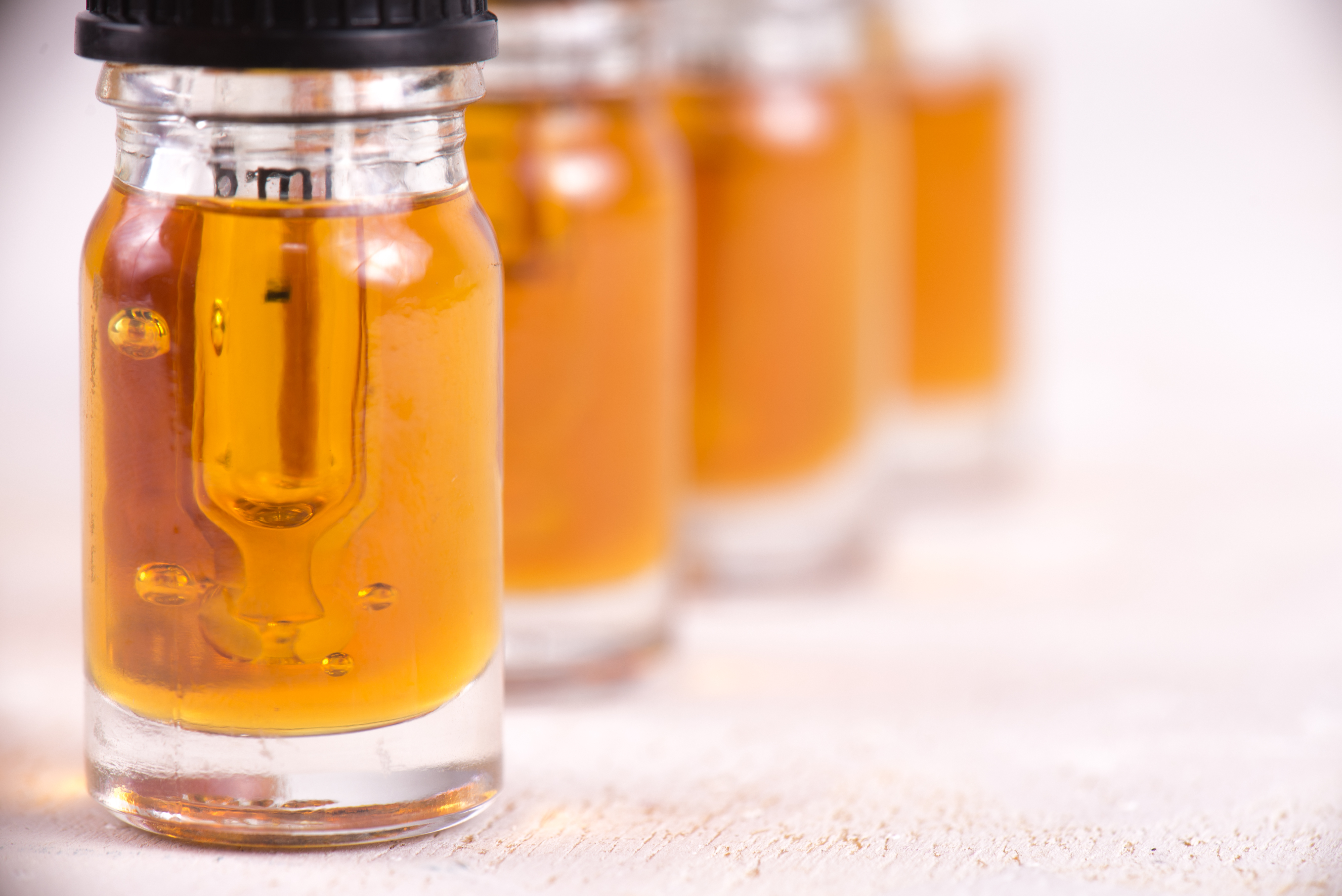Legalized Hemp and CBD Oil Triggers Surge in Processing
The newly-adopted law, most commonly referred to as the 2018 Farm Bill, legalizes hemp, which will likely encourage more businesses that sell CBD oil and other hemp products to seek payment processing and merchant account services.
Understanding the Farm Bill
Until the adoption of this law in December 2018, federal law prohibited the production and sale of hemp, as well as products made with it. The law requires a regulatory body be created to monitor and regulate this industry, but it still prohibits the possession, manufacturing, and distribution of anything that falls under the government’s definition of marijuana.
The law exempts hemp, which is any part, extract, or derivative of the Cannabis plant that has a THC concentration of not more than 0.3 percent on a dry weight basis, according to the law.
Ambiguities in the Law
Though hemp production is legal, the law also states that it is illegal to produce it in any state that does not have a plan in place to address it or does not have federal licenses. To date, there are no licenses, plans, or regulations in place. Therefore, it is expected that traditional banks and processors may continue to be cautious until lawmakers close the gap in the law.
The law also fails to establish a regulatory framework for the required licensing and oversight of the industry. This not only will take time for state and federal governments to establish this regulatory framework, but this also will leave banks guessing as to what the governments’ expectations will be.
Another thing left out of the law is how individual states will treat the federal government’s new law. Just like many states have adopted their own marijuana use laws, the federal government has not decriminalized the use or sale of the plant. The same could happen with hemp, meaning some states could choose to prohibit the production, use, and sale of hemp products despite the federal law.

How Do Existing Laws Reconcile the Changes About Hemp in the New Law?
Under the farm bill, the Secretary of Agriculture is the only body that has the authority to regulate hemp production, but it does not address how the U.S. Food and Drug Administration fits in with these changes. Currently, the FDA considers dietary supplements and foods containing CBD unlawful. This will remain an issue until the FDA changes its position or someone challenge the federal agency’s claim in court. Until this and some of the other areas are worked out, the farm bill creates a fuzzy gray area for those financial institutions that will be asked to approve processing for hemp businesses.
What Hemp Producers Should Expect from Banks
With many questions still surrounding the new law, if you are a hemp producer seeking merchant accounts and payment processing, expect most banks to shy away from your business. Confusing laws scare off traditional financial institutions because they do not want to take on any additional risk.
Where Do Hemp Producers Turn for Payment Processing
Despite some of the unknowns in the law, some third-party merchant account providers will offer services to those in the hemp industry, like those selling CBD oil. Nevertheless, expect to be treated like other high-risk merchants. Expect to pay higher processing rates, to be monitored more closely to ensure you are not engaged in any unlawful activity, and anticipate agreeing to a rolling reserve.

When You Are Ready to Apply
The federal government moved in the right direction for those who produce CBD oil and other hemp products. Despite the murkiness surrounding the law, you can still get payment processing for your business. When you are ready to apply for a merchant account, so that you can accept credit cards for transactions, then turn to eMerchantBroker.com (EMB).


